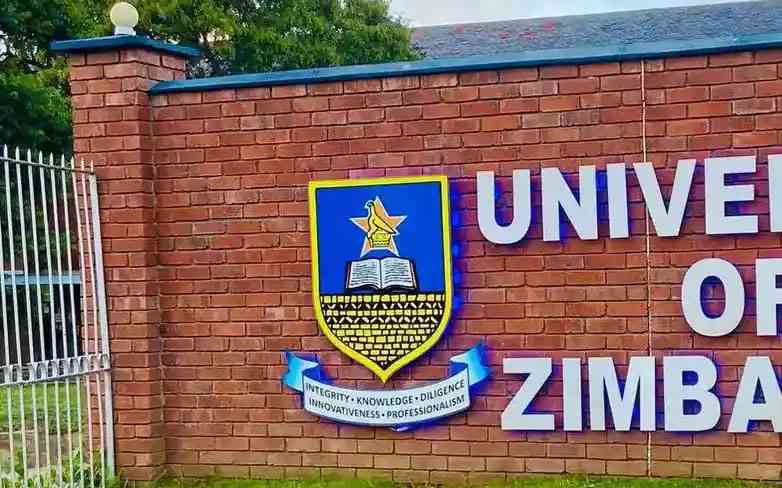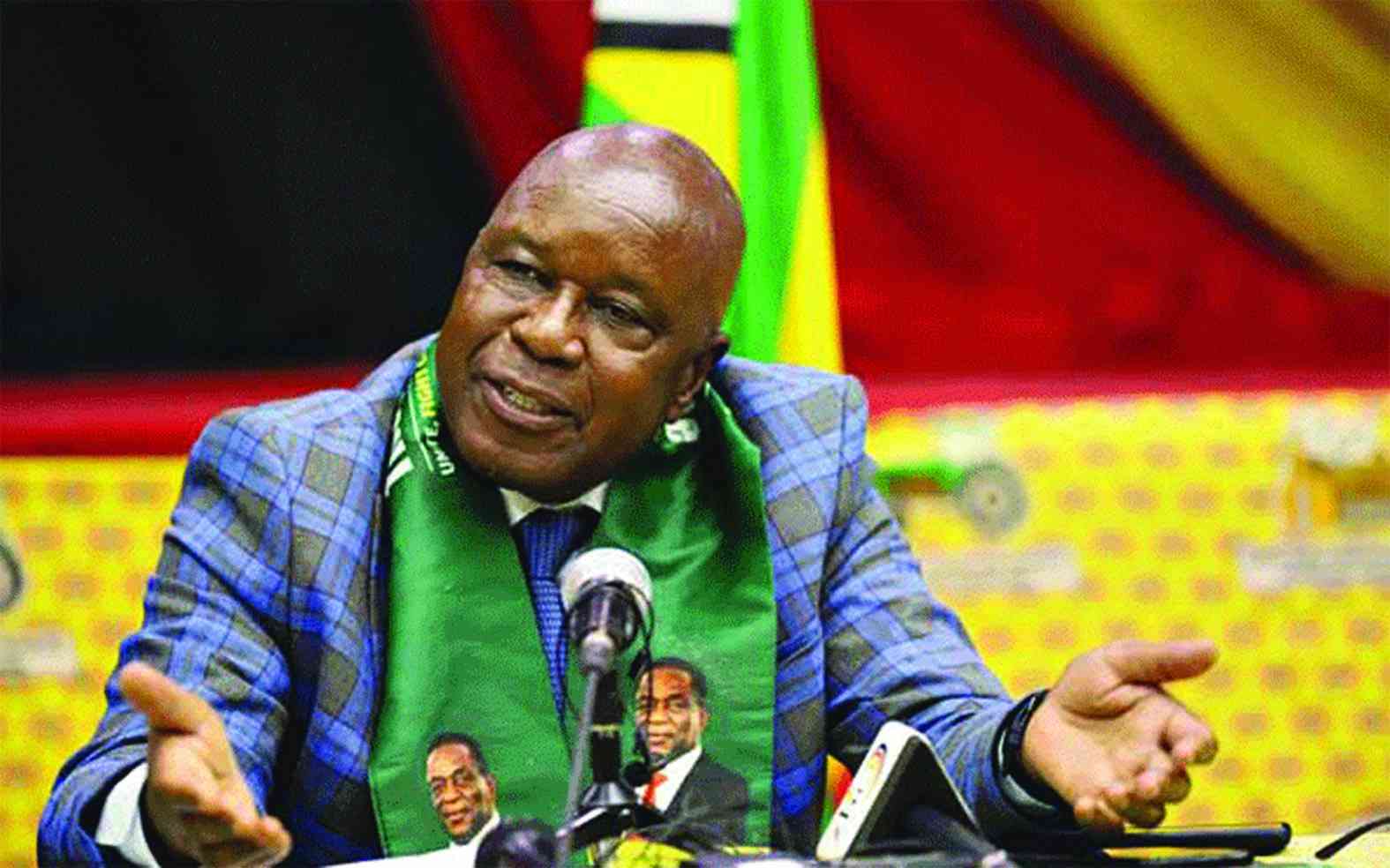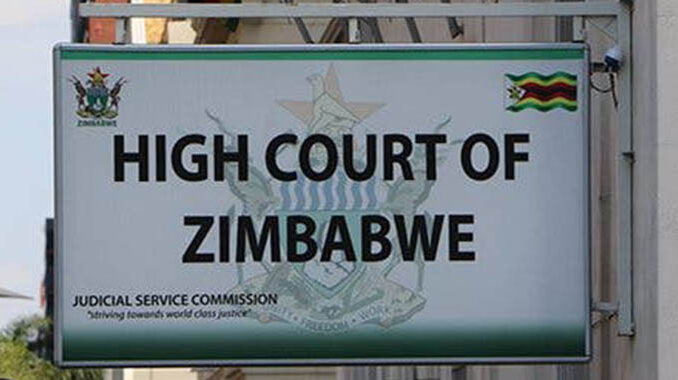The government has awarded traditional leaders a 100% bonus this year as a “performance reward” after they played a key role in mobilising their subjects to vote for Zanu PF during the August elections.
Chiefs, headmen, village heads and their messengers will be awarded the bonuses both in United States dollars and in local currency.
In a circular dated November 7, 2023, addressed to Public Service Commission secretary Tsitsi Choruma, Finance secretary George Guvamatanga said the traditional leaders’ bonuses would be paid alongside those of civil servants.
“As you are aware, government has traditionally awarded performance rewards to the public service employees in the form of a 13th cheque (bonus) at the end of each year,” Guvamatanga said.
“In line with the stabilised tradition and recognition of the efforts of public service workers, government has approved bonus awards for public service employees and traditional leaders.”
Within the traditional leaders’ ranks, chiefs will be awarded the highest amount of bonus, earning US$300 and $337 000, which is equivalent to the earnings of teachers. Village heads and messengers have the least earning of US$100.
Chiefs, however, earn over US$200 and receive other perks such as top-of-the range cars, fuel, boreholes, farms and mines, among other incentives from government.
Zanu PF victories in rural areas have been largely attributed to the role played by traditional leaders in intimidating their subjects to vote for the ruling party.
Zanu PF vice-president and second secretary Kembo Mohadi was, from last year, crisscrossing the country addressing traditions leaders and ordering them to support Zanu PF ahead of the August elections.
Chiefs, who occupy the highest position in the traditional leadership hierarchy, have for long been indirectly regarded as organs within the ruling party, although the constitution prohibits them from participating in politics.
The Zanu PF-led government has in the past pampered chiefs with vehicles, land and houses among other benefits, to garner electoral support. In return, some chiefs have pledged their allegiance to the ruling party in fear of losing the freebies.
Section 281(2)(a) of the constitution states that traditional leaders must not be members of any political party or in any way participate in partisan politics while section 281(2)(c) states that traditional leaders must not further the interests of any political party or cause.
Zimbabwe Democracy Institute director Pedzisai Ruhanya said: “This is historic. It is the emergence of a patron-clients state where the states create clients that it dishes with patronage in return for political support. It is like those chiefs who collaborated with the Smith regime, who were given perks during the colonial era, but Zanu PF has gone a step further.
“Further, because bonuses are for civil servants who are employed by the government.
“Who employs the chief? It is the community members.
“It only exposes chiefs as collaborators of the system.
“It is a neo-patrimonial regime; just buying everyone. Zanu PF under Mnangagwa has bought everyone — chiefs, opposition leaders, churches — everyone.”





